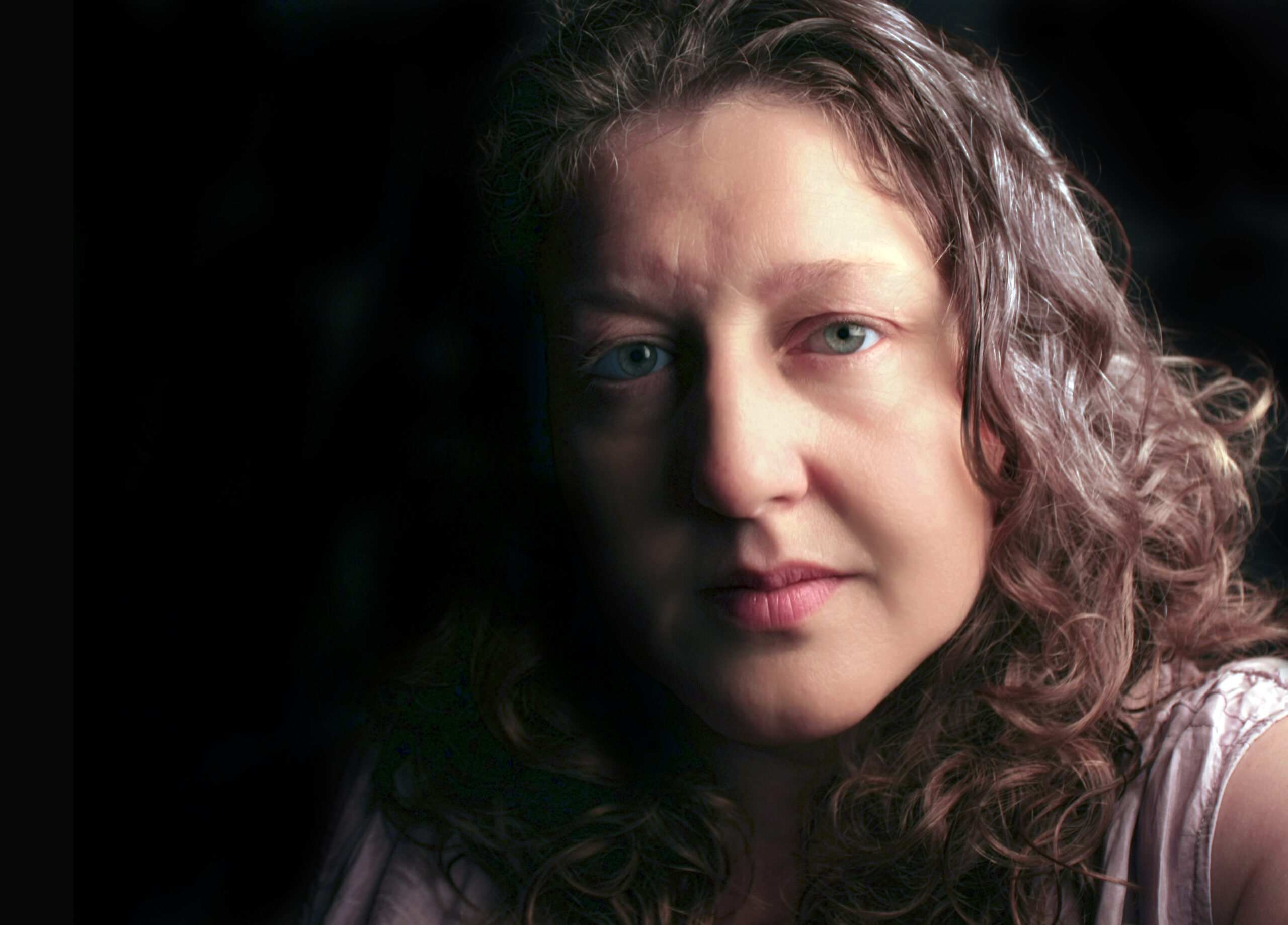The Fukuda criteria are still being used by some researchers and officially, CDC and NIH continue to support the use of them and any other criteria. They have refused to require PEM for a diagnosis of ME/CFS. I resigned from NIH's CDE initiative in 2023 after years of trying to change this.OK, the CDC updated so I guess 1994 criteria are out of date.
And when some researchers move on from Fukuda to IOM, they still use it in a way that does not explicitly require PEM. For instance, this 2025 paper by Mancini et al stated they required at least a substantial burden "of some of the following symptoms in the month prior to the study: unrefreshing sleep, post-exertional malaise, problems with attention/concentration, or orthostatic sensitivity."
"Some" means PEM may not be present in all participants. This was a 2 day CPET study so imagine how that could skew the results
I appreciate the concern with biobabble but personally think that studies of "ME/CFS" that don't require PEM and use whatever criteria a researcher decides are much more damaging to forward progress by producing irreconcilable evidence.
Edited to add my comments which I had inadvertently deleted
Last edited:



